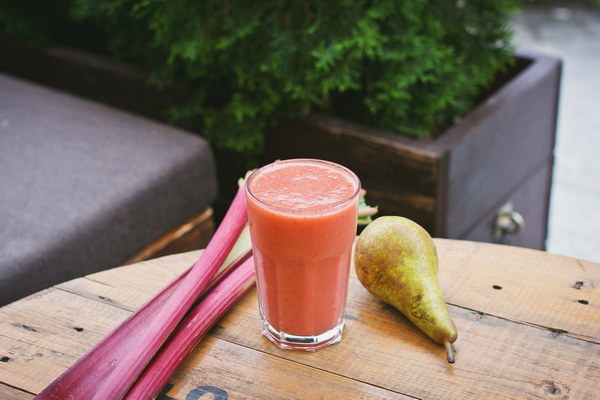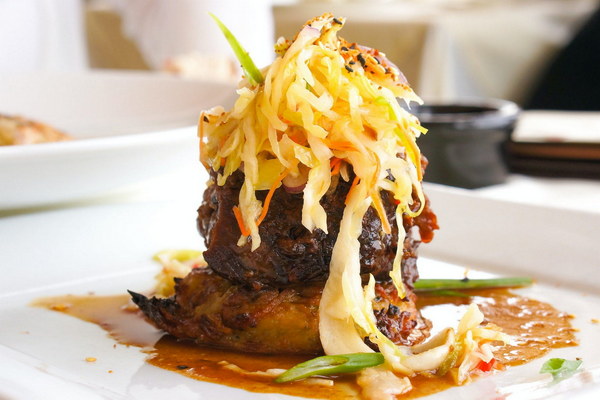Replenishing Your Stomach Tips for Nourishing Your Stomach After Spicy Meals
After indulging in a spicy meal, your stomach might feel the burn. Spicy foods, while delicious, can sometimes irritate the lining of the stomach, leading to discomfort or even gastrointestinal issues. But don't worry; there are several ways to nourish your stomach and alleviate any discomfort. Here are some effective tips to help you take care of your stomach after eating spicy dishes.
1. Hydrate, Hydrate, Hydrate!
Drinking plenty of water is crucial after consuming spicy foods. Water helps dilute the capsaicin, the compound responsible for the burning sensation, and aids in flushing out the irritant. Aim to drink at least 8 glasses of water throughout the day, and consider adding a slice of lemon or cucumber to your water for added refreshment and soothing properties.
2. Eat a Stomach-Friendly Snack
After a spicy meal, your stomach may be sensitive. Opt for a stomach-friendly snack to soothe the irritation. Some good options include:
- Plain yogurt: Probiotics in yogurt help maintain a healthy gut flora, which can be disrupted by spicy foods.
- Bananas: They contain potassium, which can help counteract the sodium and water loss caused by sweating.
- Rice: A small bowl of plain rice can act as a soothing base for other stomach-friendly foods.
- Oatmeal: Oats are rich in fiber and can help absorb excess stomach acid.
3. Avoid Trigger Foods

Certain foods can exacerbate stomach irritation after eating spicy meals. It's best to steer clear of:
- Greasy or fried foods: These can further irritate your stomach lining.
- Carbonated drinks: They can increase stomach acid production and exacerbate discomfort.
- Alcohol: It can irritate the stomach lining and worsen the burning sensation.
4. Give Your Stomach Time to Rest
After consuming spicy food, give your stomach some time to rest. Avoid eating anything else until you feel your stomach has settled down. This can be especially important if you've experienced gastrointestinal issues in the past or if you have a sensitive stomach.
5. Brew Some Herbs
Herbal teas can be a great way to soothe your stomach and alleviate discomfort. Here are a few options:
- Chamomile tea: Known for its calming properties, chamomile tea can help reduce inflammation and soothe an upset stomach.
- Peppermint tea: Peppermint is a natural antispasmodic and can help alleviate cramping and bloating.
- Ginger tea: Ginger has anti-inflammatory properties and can help reduce stomach discomfort.
6. Practice Mindful Eating
When you're eating spicy food, take your time and chew thoroughly. This helps to break down the food more effectively, reducing the likelihood of irritation in your stomach. Also, try not to eat too quickly, as this can lead to overeating and increased stomach discomfort.
In conclusion, taking care of your stomach after eating spicy food is essential to maintain a healthy digestive system. By following these tips, you can help alleviate discomfort and ensure your stomach is well-nourished. Remember, moderation is key when enjoying spicy dishes, and it's always a good idea to listen to your body and adjust your diet accordingly.









